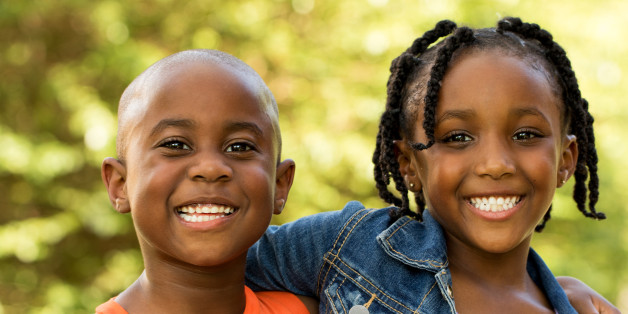As parents and students gear up to return back to school, now is a great time for them to engage in open dialogue about their children’s mental health and wellness. According to the Center for Disease Control from parent-reported data, 1 in 7 children in the United States, ages 2 to 8 years old, are diagnosed with a mental, behavioral or developmental disorder. Though common among their children, parents often find it difficult to talk to their children concerning mental health and wellness—that of their own and of those around them. As mental-health professionals, we find that the start of the school year is the busiest time of the year for servicing children and their parents. With concerns ranging from anxiety and generalized panic attacks, to social anxiety and depression, we are seeing more children struggle to find and maintain a mental-health and emotional balance during the actual school year. Here are a few tips to help you as parents gauge and monitor the mental wellness of your children as the year progresses:
First, it is important to have candid and open discussions with your children about the necessity of maintaining an overall physically and mentally-healthy lifestyle. Discussing mental wellness can be challenging for parents; particularly for those who find it challenging to maintain their own mental and physical health. As a rule of thumb, parents are encouraged to set a healthy example for their children in regards to mental wellness. If you are living with the challenges of mental illness at any level, be sure that you are following the treatment plan prescribed to you by your doctor and therapist. The better you are at creating a personal place of mental wellness, the more likely your child will be in prioritizing and maintaining their mental health. I encourage parents to start the discussion about mental wellness by emphasizing the benefits that physical wellness has on the body. Children can most often relate to the benefits that proper diet and exercise have on the body. Emphasizing the importance of communicating emotions, identifying stressors and validation of feelings, along with proper rest, diet and exercise can be explained as necessary components of maintaining mental and emotional wellness.
Secondly, ask your child what they know concerning mental health and mental illness. There is an undeniable stigma associated with mental wellness and mental illness alike. It is important for parents to take inventory of the knowledge their children have concerning mental health and mental illness. Children armed with proper, age-appropriate information are more likely to understand the wide spectrum that encompasses mental wellness. Providing your child with age-appropriate reading materials can also help you as parents transition into the conversation and allow you to create a healthy narrative that address mental wellness. From treatment options to formal diagnosis, explaining the breadth of mental wellness to children minimalizes the stigma and normalizes the treatment.
Lastly, be an advocate for your child’s mental wellness. Children oftentimes find themselves under a lot of pressure to perform both in the classroom and at extracurricular activities. Parents, in their best efforts to raise well-balanced children, often create environments that inadvertently produce over-worked and under-rested children. Pay attention to your child’s daily habits and take mental notes when you begin to notice such things as changes in sleeping patterns, (either too much or too little), eating habits and emotional outbursts that may be uncharacteristic behaviors for your child. Listen when your child talks about being tired all the time, is experiencing an unusual decrease in academic performance and may be eating more or less than usual. These can be signs of mental and or emotional fatigue. Be reminded that every minute of a child’s day does not have to be scheduled. Be mindful of your child’s need for rest, proper diet and limited access to electronic devices—all of which promote holistic health and overall mental wellness.
